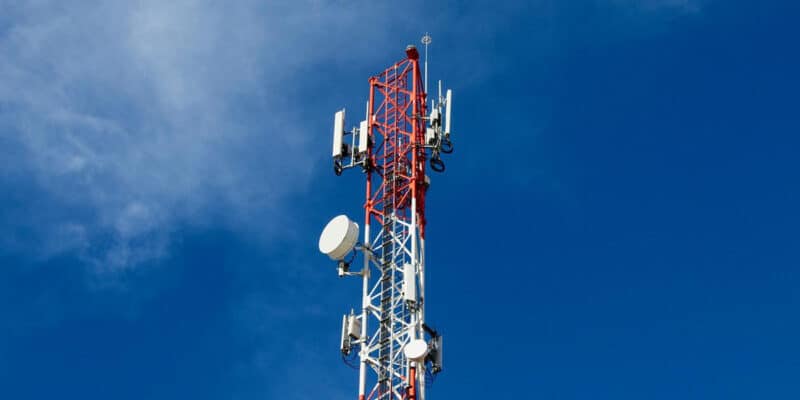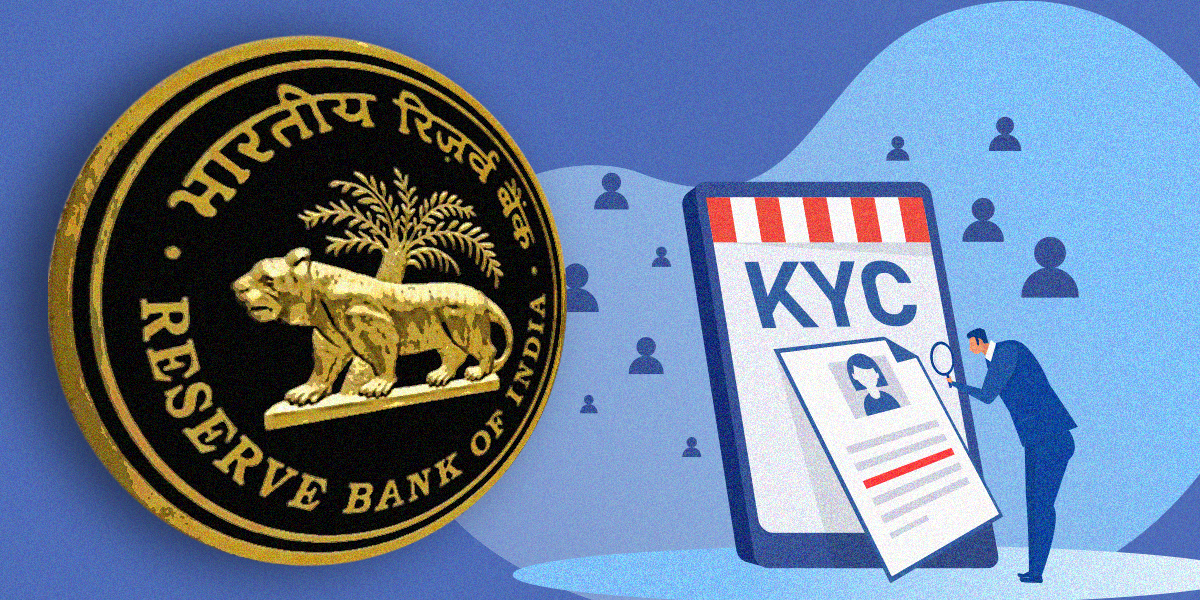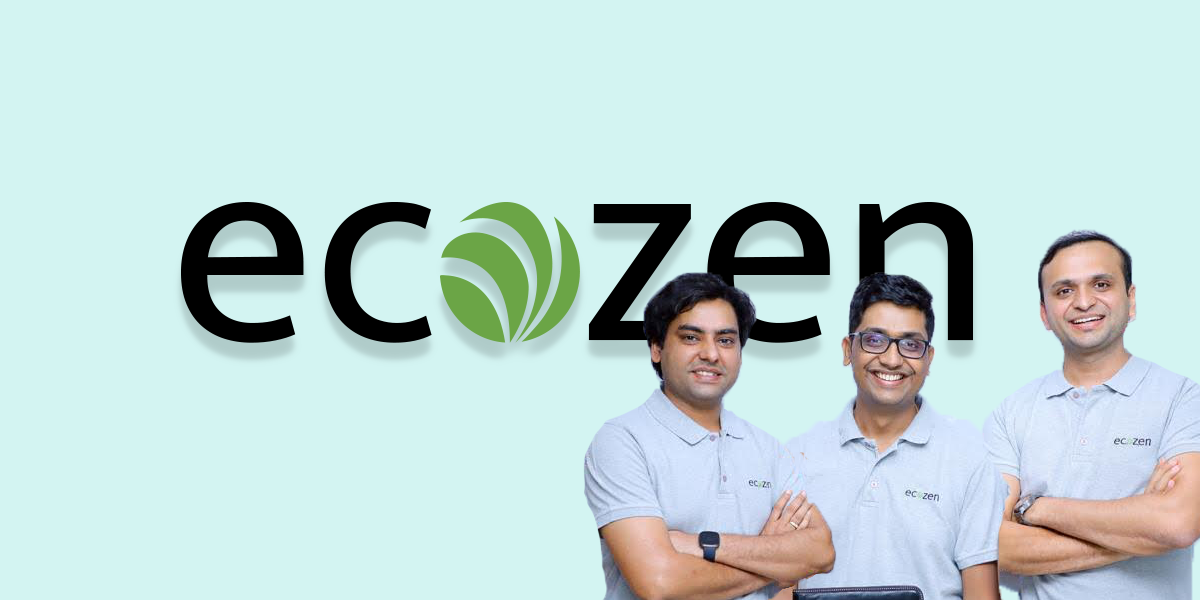The Department of Telecommunications has refused to disclose comments it received in response to its consultation on the draft Indian Telecommunication Bill, 2022. In response to a request by Entrackr, the DoT said that the “comments will be part of the Cabinet Note to get the approval of Cabinet on the draft Bill before it is introduced in the Parliament,” and as such, the comments would not be disclosed.
The DoT had earlier released a cache of comments to a previous consultation on the subject, before the draft bill was released. Those comments revealed that the government had real-time access to information on web traffic on Internet Service Providers’ networks, confirmed that call interception requests had increased drastically, and provided a detailed look into telcos’ push to get messaging and calling apps regulated. Entrackr has placed these documents in the public domain.
Now, the government is refusing to provide responses to the draft bill, under the pretext that these filings will go into a cabinet note, and thus enjoy confidentiality that is typically reserved for minutes of discussions held by ministers, and documents circulated among them.
This interpretation of section 8(1)(i) of the RTI Act, which exempts disclosure of “records of deliberations of the Council of Ministers, Secretaries and other officers,” could have wider ramifications for other consultations that the government is holding, such as the one on the Personal Data Protection Bill, 2022; the government has sent mixed messages on whether it will disclose those comments.
The Pre-Legislative Consultation Policy of the Indian government, put in place in February 2014, does not explicitly recommend placing comments received in response to consultations, only saying that a “summary of feedback/comments” should be made public on a government website.
Pre-legislative consultations can help stakeholders articulate their advocacy more clearly if other people and organizations’ comments are also made public. This is what the Telecom Regulatory Authority of India does: it solicits comments in two rounds, and makes them publicly available at each stage, before holding an open house discussion where anyone can attend.
The Central Information Commission, which hears appeals on RTI applications, criticized the Ministry of Electronics and Information Technology in 2021 for relying on the same exemption of the RTI Act without justifying it. In the hearing for that appeal, the CIC said that the Public Information Officer of the IT Ministry was instead arguing for exempting disclosure under a different exemption. In spite of the warning, the IT Ministry stuck to their response, and did not disclose comments received in relation to the previous Personal Data Protection Bill, 2018.
This information comes even as civil society raises concerns about the nature of the draft telecom bill. The bill would drastically expand the purview of the government’s powers to regulate telecom businesses, by including messaging apps like WhatsApp, and potentially diluting the powers of the TRAI, which has protested some provisions at the Prime Minister’s Office.
The details of this opposition, which the TRAI likely outlined in its submission to the DoT, along with the submissions of telecom companies, may not be known until the cabinet approves the bill and it is already headed to parliament.
The newfound zeal for protecting comments from public view is certainly in trend with the overall push to leave very little time or opportunity for public responses on privacy linked legislation. Or a stubborn refusal to heed criticism of such moves. That is truly unfortunate. Many government linked agencies, regulators and judicial bodies routinely share public comments received after collation before sending it for final appraisal by the cabinet or other statutory bodies. One only hopes that the DoT disease does not spread too far.














